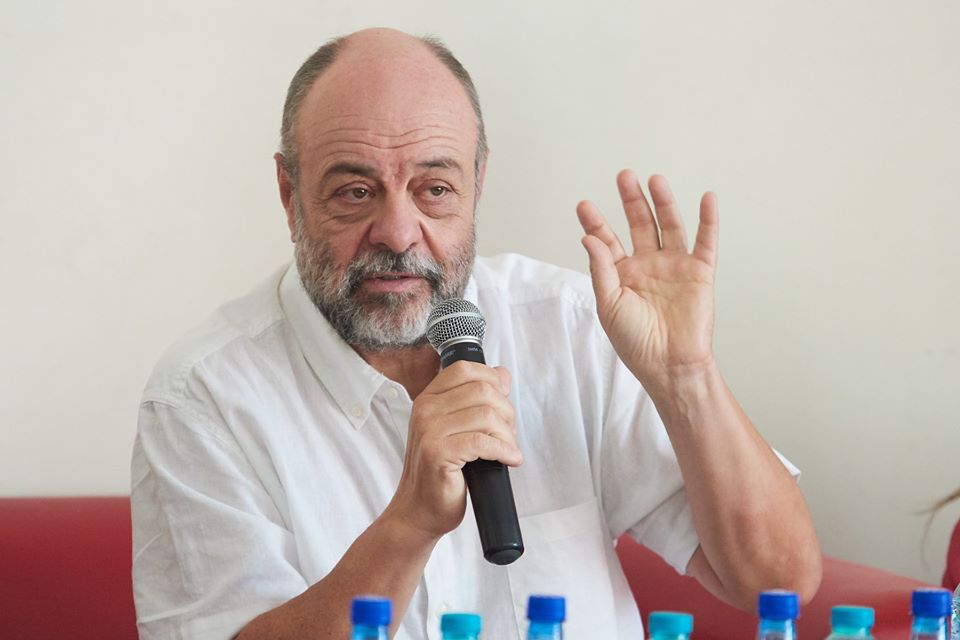The annual festival of the Union of the Theaters of Europe (UTE) used to be one of the highlights of European theater life. At the two-month-long festival, the member theaters of the Union presented their performances in the home city of one or more of the member theaters. The previous, 17th UTE FEST was organized in 2008 by the Hungarian Theater of Kolozsvár (Cluj-Napoca) and the Bulandra Theater from Bucharest. But no other member theater has been able to organize the festival since that time. Now, after an 11-year hiatus, the Union has revived its festival, and the 18th UTE FEST will be hosted again by the Hungarian Theater of Kolozsvár.
This year’s edition will take place between the 19th and 30th of November and will unite 14 theaters from 13 European countries; some of them – Russia and Serbia – are not even part of the European Union. UTE currently has 16 members, but two of them are unfortunately not able to participate at the event.
Gábor Tompa, the manager of the Hungarian Theater of Kolozsvár and president of UTE, said at a press conference that he and the Union considered it important to revive the festival so that member theaters would have a platform where they could show what they are working on and present their creative processes. The president of UTE also assured those in attendance that the festival will not “die” again after this edition. It will be hosted by Moscow, Porto, Cologne, and Prague in the coming years, he added.

Due to the late adoption of Romania’s annual budget in 2019, the organization of the festival was confirmed only in April. This is the reason why the festival has no particular topic, and thus the chosen productions are not linked to a given topic, the theater director explained. He also added that, due to the festival’s small budget, the selection process favored both representative and also financially affordable performances.
The program of the festival will feature both high-budget larger pieces in the main hall, and smaller, more aesthetic works in an intimate studio. Among the major performances will be William Shakespeare’s Love’s Labour’s Lost presented by the Bulandra Theater (director: Andrei Șerban); Romeo and Juliet by the Prague City Theater (d: Michal Dočekal); a Charlie Chaplin movie adaptation, The Great Dictator presented by the Vígszínház from Budapest (d: Enikő Eszenyi); and Georg Büchner’s Danton’s Death presented by the National Theater of São João from Porto (d: Nuno Cardoso). The Elephant, a production of the National Theater of Northern Greece from Thessaloniki (d: Yannis Leontaris) and the closing performance by the Schauspiel theater from Cologne, How to date a Feminist (d: Yvonne Jansen and Rafael Sanchez), are some of the special studio performances.
The public will also have a chance to meet the creators of each performance, as they will participate in Q&A sessions moderated by András Visky, the artistic director of the Hungarian Theater of Kolozsvár.